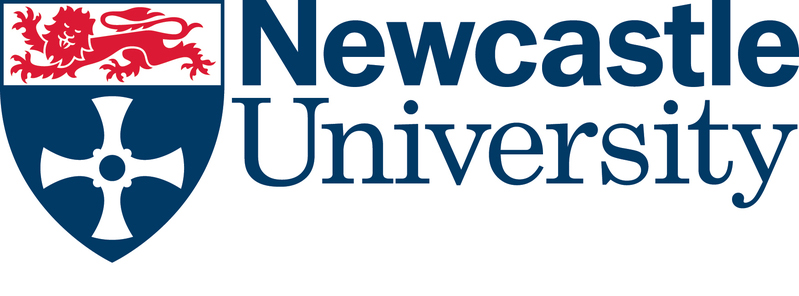Current Students
 Niall Kennedy
Niall Kennedy
- Arts, English, and Languages, Queen’s University, Belfast
- Email: nkennedy569@qub.ac.uk
This thesis explores how early modern writers – from Montaigne in the 1580s to Milton in the 1670s – sought to examine the relationship between imagination and suffering. Charting the sustained fascination and proliferation of debates concerning pain and suffering in the period from the late sixteenth century to the mid seventeenth century, this thesis considers the rationale, function and development of a richly innovative literary age through investigations of vital contributions to this topic by key writers. Through close readings of texts – ranging from Montaigne’s Essays in the 1580s through Elizabethan and Jacobean drama and poetry, to Milton’s Samson Agonistes in 1671 – this thesis will illustrate how this period inaugurates an intellectual and literary tradition that labour to define and represent the agonies of the individual. Fundamentally, this thesis adopts linguistic-historicist methodologies to pursue an examination of the plethora of sufferings in a range of early modern English texts. I stress the intellectual, materialist and socio-political aspects of the representation of such mental ailments such as insanity, depression and existential despair. Moreover, I will be suggesting how strategies of representation (such as parody, verse forms and the grotesque) were ideologically freighted and that terms that such as ‘trauma’, ‘psychological/mental illness’ and even the word ‘emotions’ are ahistorical insofar as they are virtually foreign to the common tongue in the early modern vernacular and must be understood as emerging in the period after the remit of this study (post-1671).
https://pure.qub.ac.uk/portal/en/persons/niall-kennedy(ffa3ef17-93de-45a2-88ac-32cfad96a749).html
Supervisory team: Prof. Mark Thornton Burnett, Arts, English and Languages (QUB), Dr Edel Lamb, Arts, English and Languages (QUB), Prof. Corinne Saunders, English Studies (Durham).
Start Date: September 2017.








